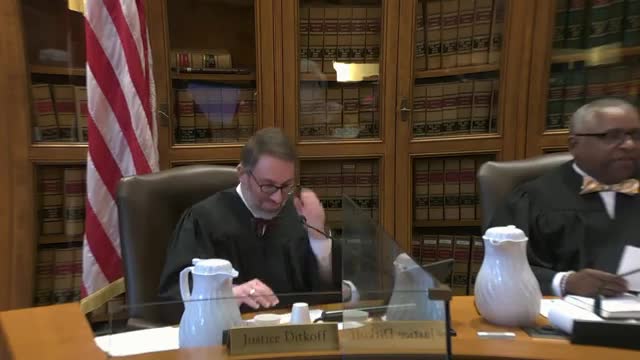Article not found
This article is no longer available. But don't worry—we've gathered other articles that discuss the same topic.
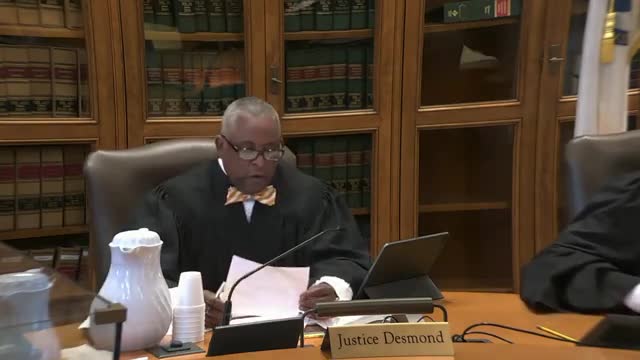
Appeals court weighs whether union’s town‑meeting warrant article bypassed mandatory bargaining
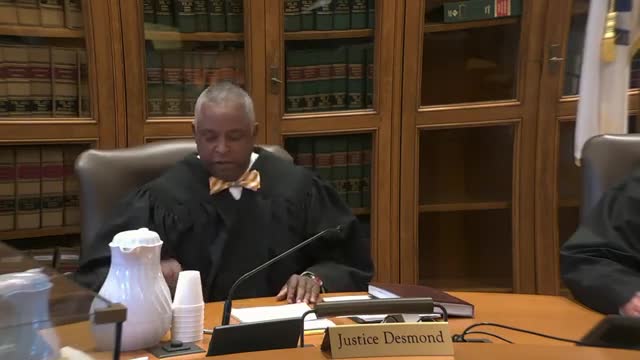
Appeals court hears dispute over waiver and alternate‑employer immunity in Rosa workplace‑injury case
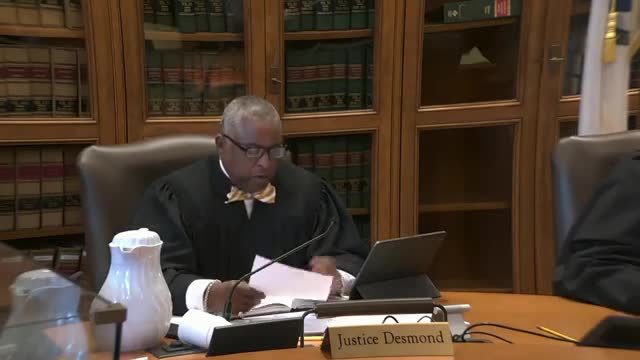
Appeals court hears libel in rem over oysters as attorneys debate ‘sustenance’ and commercial fishing
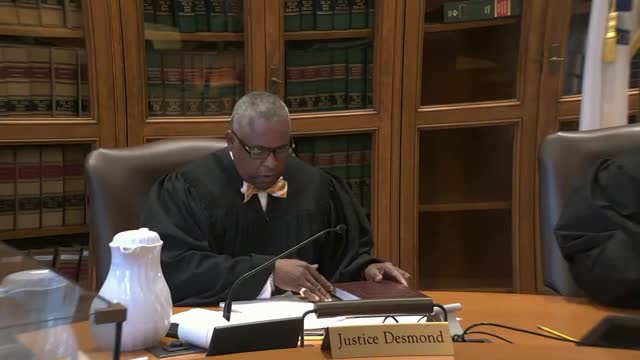
Appeals court asked to overturn zoning board variance over stacked‑parking system and abutter standing
